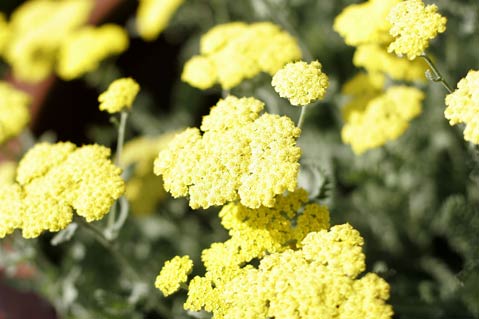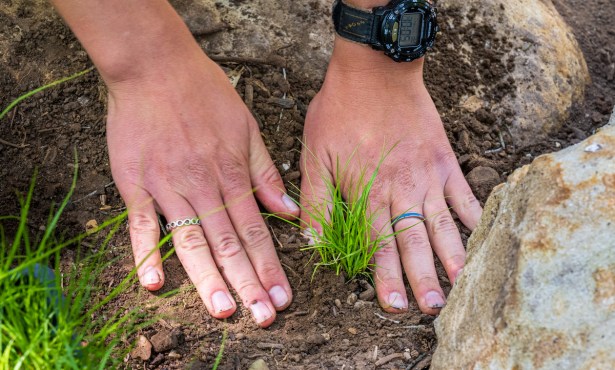Plants for the Planet
Botanists and Conservationists Sound the Alarm

Botanists and plant conservationists have been sounding the alarm for several decades now. Plant diversity is being drastically reduced worldwide with consequences for the local and global environments that can’t be totally predicted. These dedicated scientists are out there in the field cataloging the losses as human populations continue to press into forests for timber and arable land, reduce animal resources to feed their hunger, and fight vicious territorial wars. All these activities endanger the survival of myriad plant (and animal) species.
Because of the scope of some of these threats, the only salvation may lie with governmental initiatives. In stable and more or less wealthy countries there can be good cooperation between science and politics. For example, the United States National Park Service has formed the Plant Conservation Alliance to monitor alien species, but also works to identify plants of medicinal value or habitats in need of restoration. The USDA (U.S. Department of Agriculture) is involved in tracking invasive species, as well.
They also focus on threatened or endangered plants, even those of cultural significance within our borders. Similar efforts are underway all around the world. As early as 1993, dozens of nations signed the Convention on Biological Diversity that protects not only the plants themselves, but the populations that rely on them (unfortunately the U.S. has not signed this watershed agreement). And there are plenty of citizen groups keeping watch on their efforts to make sure the larger interests of the world and its inhabitants are protected.
That’s all well and good, of course, but just writing a check to one of the watchdog organizations won’t get the whole job done. Money can only go so far to righting the balance of power. It’s time to raise your voices to show those who are in power that people do care. We recognize the fundamental importance of plants. Botanic Gardens Conservation International (BGCI), a global network of botanic gardens, has created a venue to voice our personal concern about the status quo. Governments will be gathering in Nagoya, Japan, where they will be asked to ratify a Global Strategy for Plant Conservation.
Containing 16 specific targets to be met by 2020, the strategy is designed to address the most challenging issues facing plants worldwide. BGCI has launched Plants for the Planet, an online campaign where individuals around the world can join together to inform those governments of their support for this reform. Visit plantsfortheplanet.com to join in. As Dr. Seuss reminds us, “I am the Lorax. I speak for the trees. I speak for the trees, for the trees have no tongues.”



